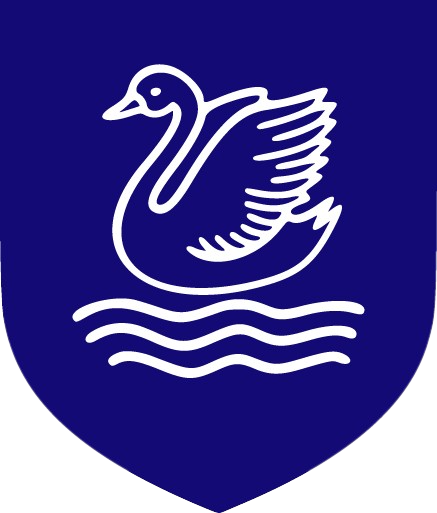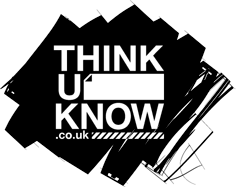E-Safety for Parents
Understanding online safety is tricky for all ages. We have advice to help you learn about staying safe online as a family.

We have become aware of a number of children in the school who have a YouTube account. Please be aware parental permission can only be given for a child between the ages of 13 and 18. Children at primary school should not have a YouTube account.
We thank you for your help in promoting good E-Safety practice.
This is an extract from the YouTube Terms and Conditions, which can be found here.
Accepting the Terms
2.1 In order to use the Service, you must first agree to the Terms. You may not use the Service if you do not accept the Terms.
2.2 You can accept the Terms by simply using the Service. You understand and agree that YouTube will treat your use of the Service as acceptance of the Terms from that point onwards.
2.3 You may not use the Service and may not accept the Terms if (a) you are not of legal age to form a binding contract with YouTube, or (b) you are a person who is either barred or otherwise legally prohibited from receiving or using the Service under the laws of the country in which you are resident or from which you access or use the Service.
2.4 You should print off or save a local copy of the Terms for your records.
Here at Thorpe Lea, we are committed to keeping our children safe. On a regular basis, many of our children use the Internet as part of their learning, therefore, we have regular 'e-safety' activities to remind children of the importance of keeping themselves safe online. To keep our children safe, our school internet settings are very secure - we have many filters which block inappropriate material being shown. One of our school governors, a trained IT consultant, works tirelessly to ensure that we keep up to date with the most recent guidance, support and software to keep our children safe using the internet at school.
At home, sometimes children can be given unsupervised access to the Internet and without the filters that we have at school, this, potentially allows them to access all kinds of society (both good and bad) and bring them virtually into their homes. Whilst we tend to think of children using the internet on the computer, with technology rapidly changing, please do remember that they can access it via tablets, laptops and mobile phones.
Here are some tips and useful links to help you to keep your children safe online:
- Explore e-safety sites - There are lots of links to useful e-safety sites for children in our children's E-Safety page on our website. They are great fun to explore, so why not browse through them with your children?
- Facebook / Bebo / Myspace/ Twitter - Many of these sites have a minimum age limit of 13, so our pupils should NOT be using them. - More on age limits below.
- Keep your computer/devices in a shared area - Talk to your child about what they are doing online and, if possible, set up your computer in a shared area at home so that you can all share in the wonderful sites that are available online
- Adding parental controls to all internet devices - click here for more guidance.
Useful Links:
- Think U Know - containing internet safety advice for those aged from 5 to 16, along with parents and teachers, this site is produced by CEOP (the Child Exploitation and Online Protection Centre).
- 'Digital Parenting' magazine from Vodafone has lots of fantastic practical advice for parents.
- Kidsmart - An award-winning internet safety programme for children.
- Know IT All - lots of useful advice for keeping yourselves and your children safe on the Internet.
- Bullying UK - Information and advice about bullying for children, parents and schools.
- Kidscape - An organisation which helps to prevent bullying and child abuse.
- Childline - ChildLine is the free helpline for children and young people in the UK
Click the image above if you want more information about staying safe online.

Newsround Report on Social Media
http://www.bbc.co.uk/newsround/42563824

The NSPCC has put together a guide on lots of different Social Media websites to help parents understand what each of them is used for and the age limits and restrictions in place on each one. Click the link below to be taken to the site.
https://www.net-aware.org.uk/#
A Parent's Guide to Online Safety - Instant Messaging - BBC
A Parent's Guide to Online Safety - Online Gaming - BBC

